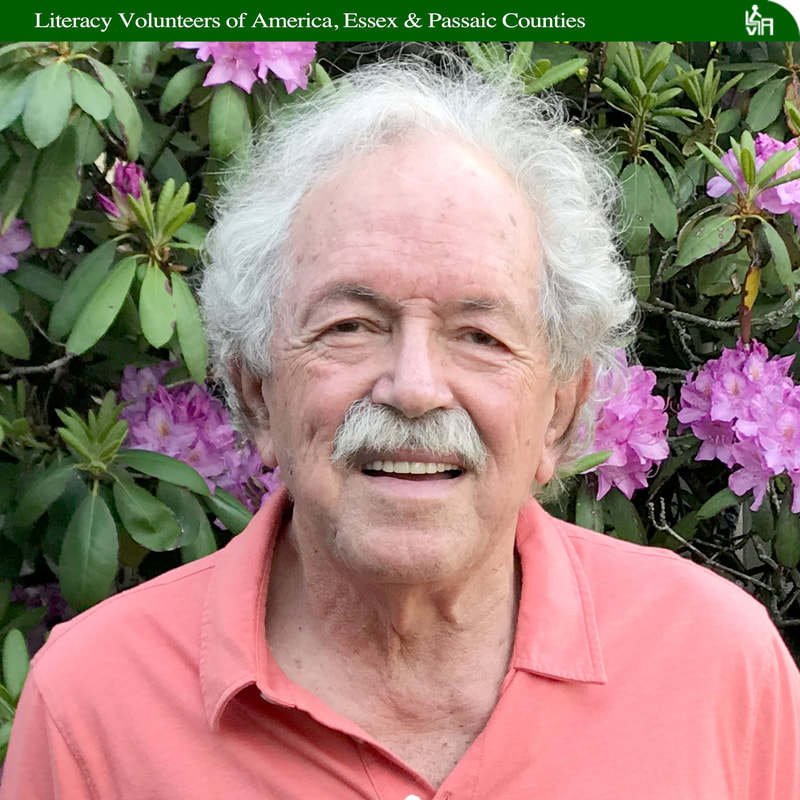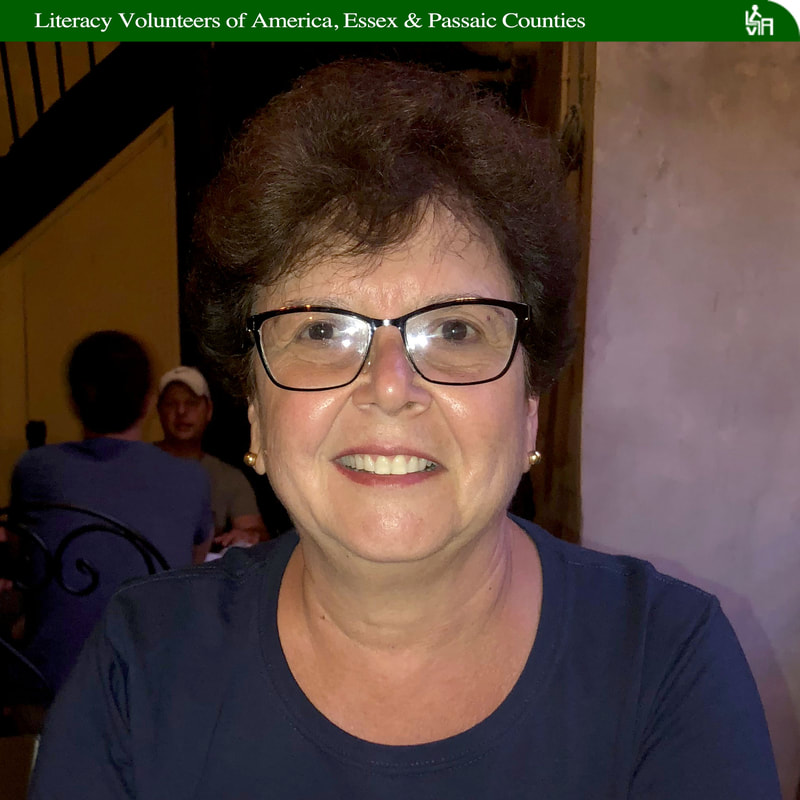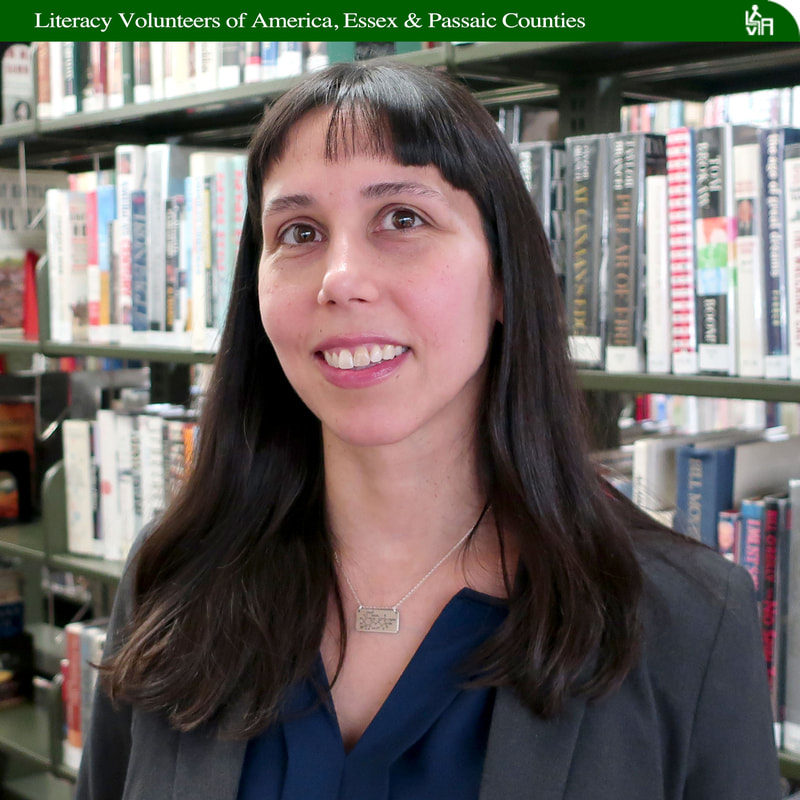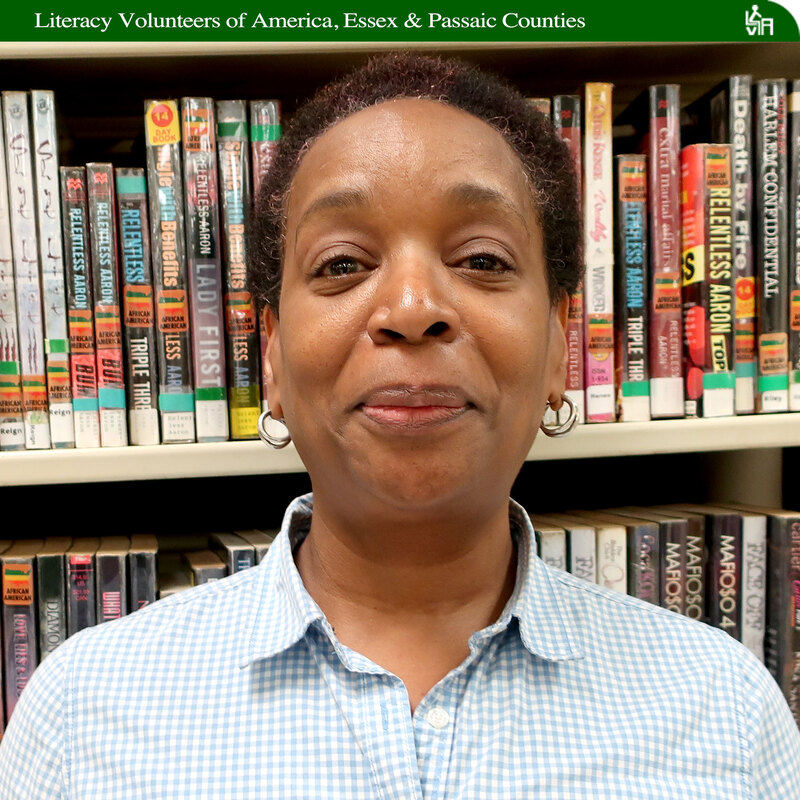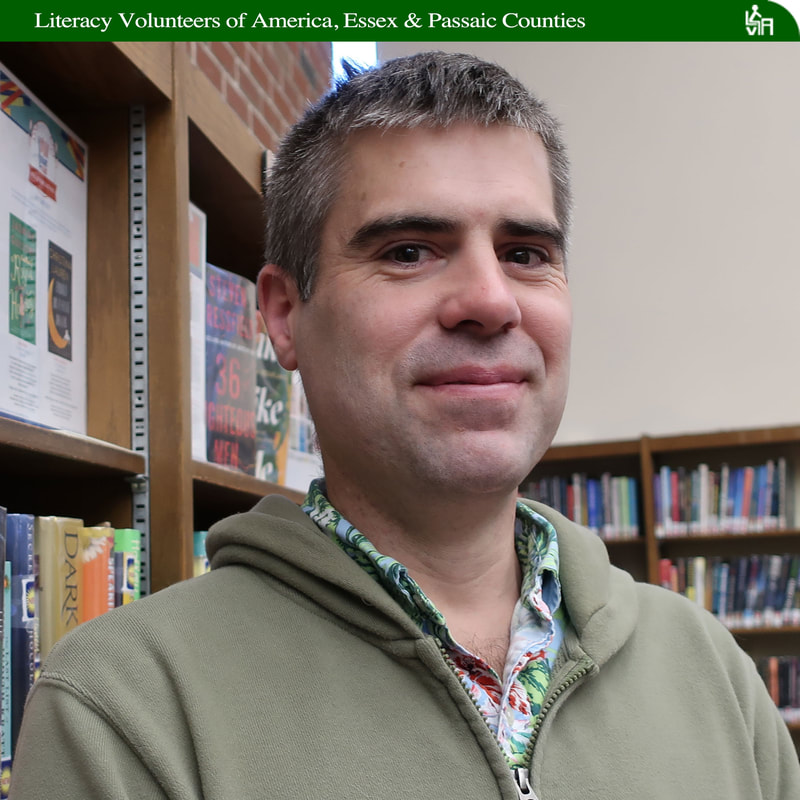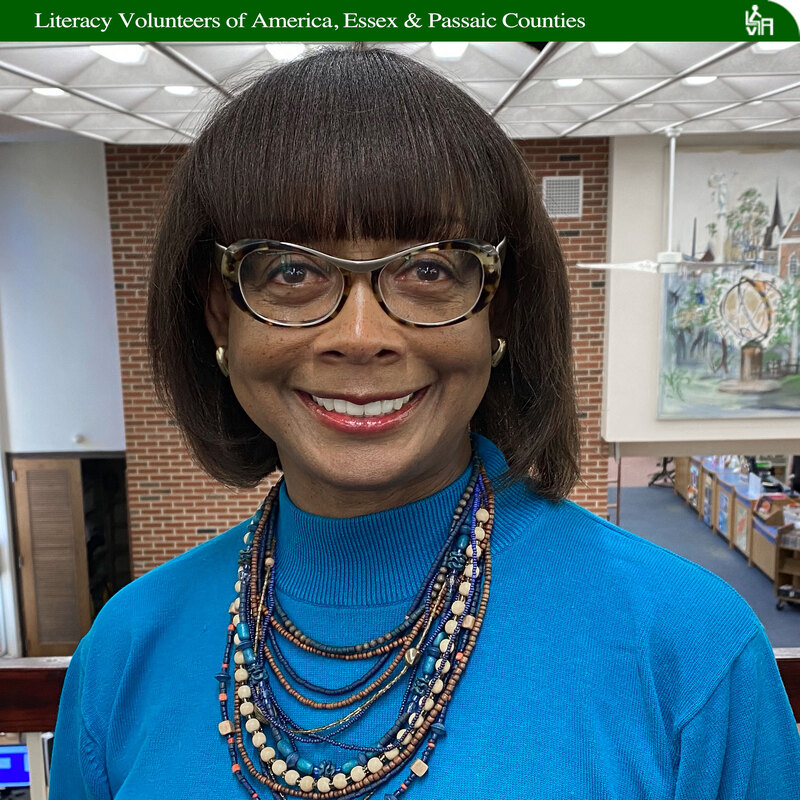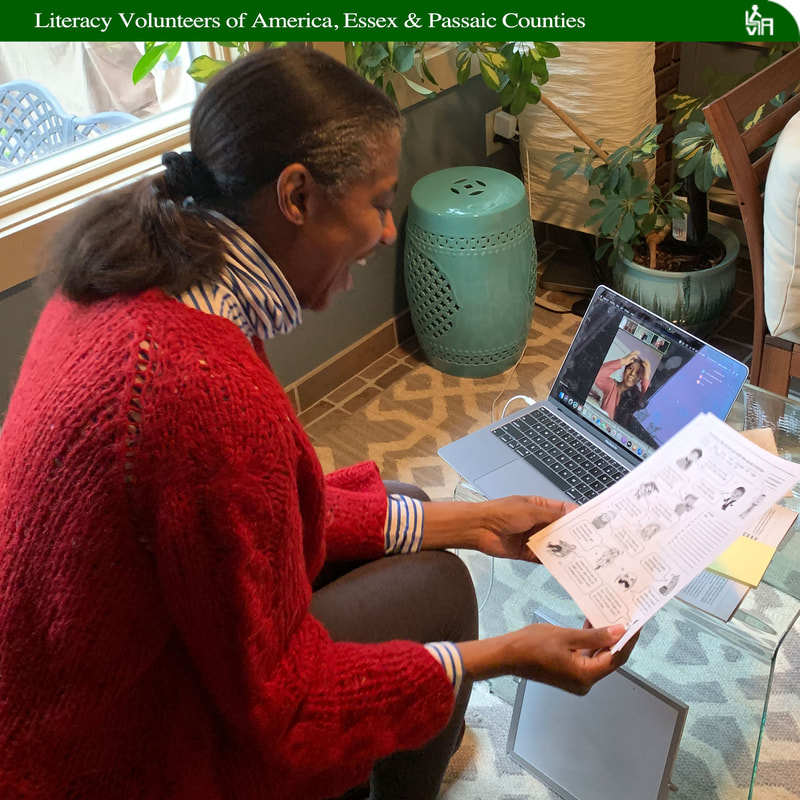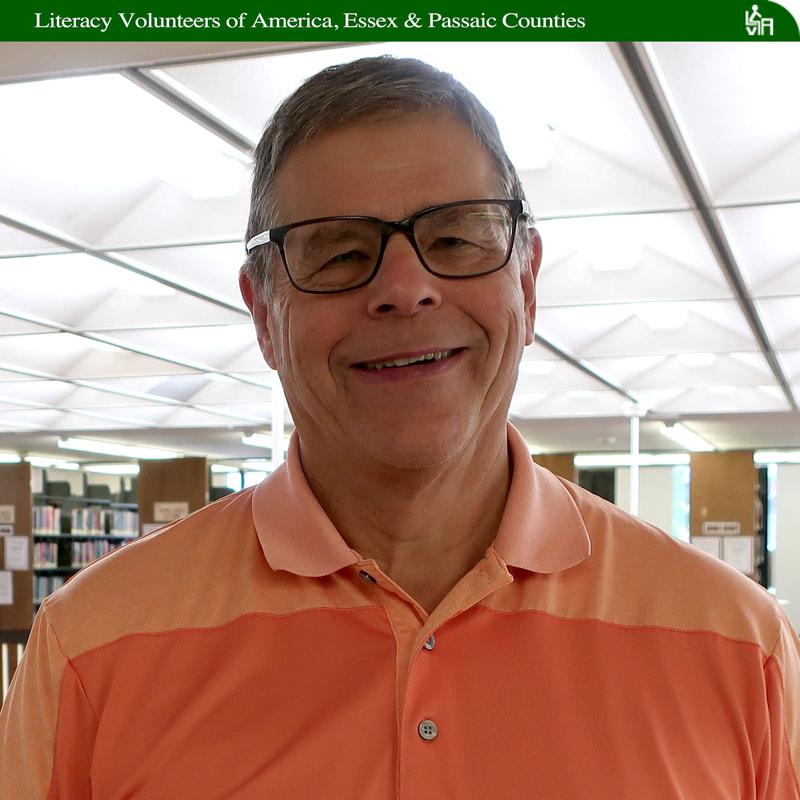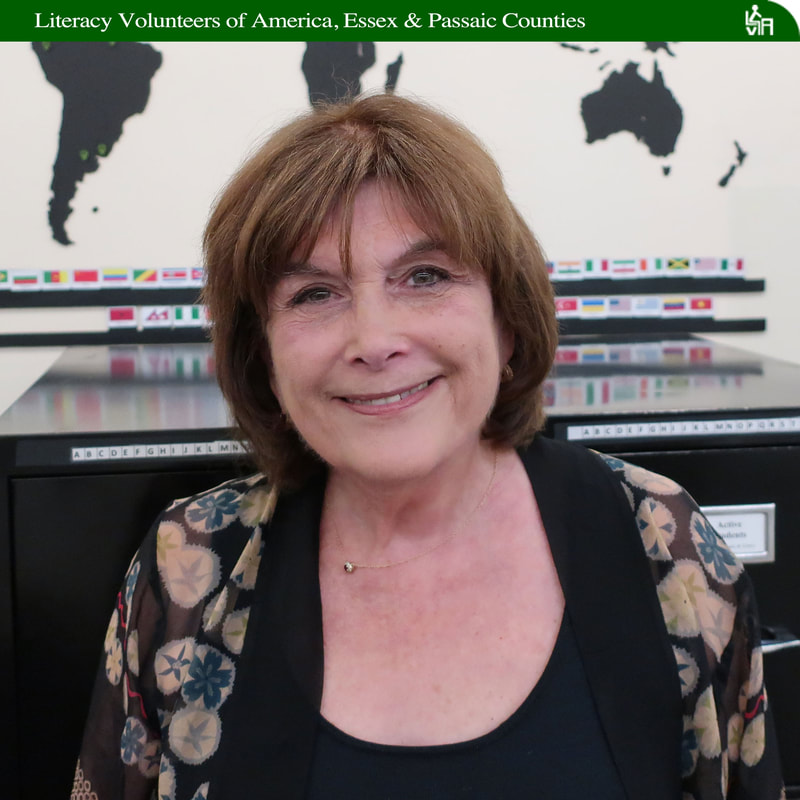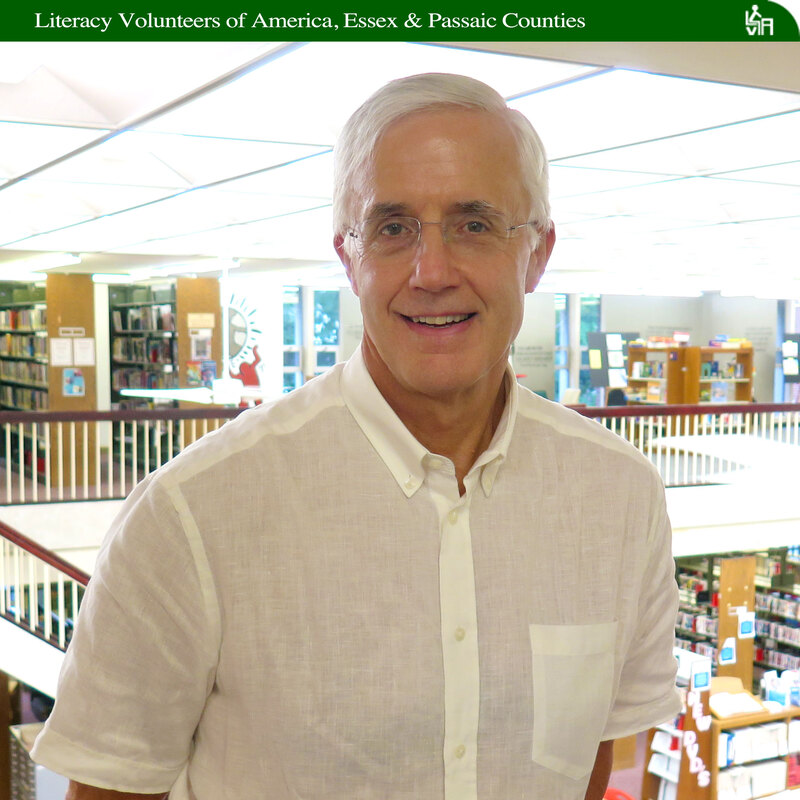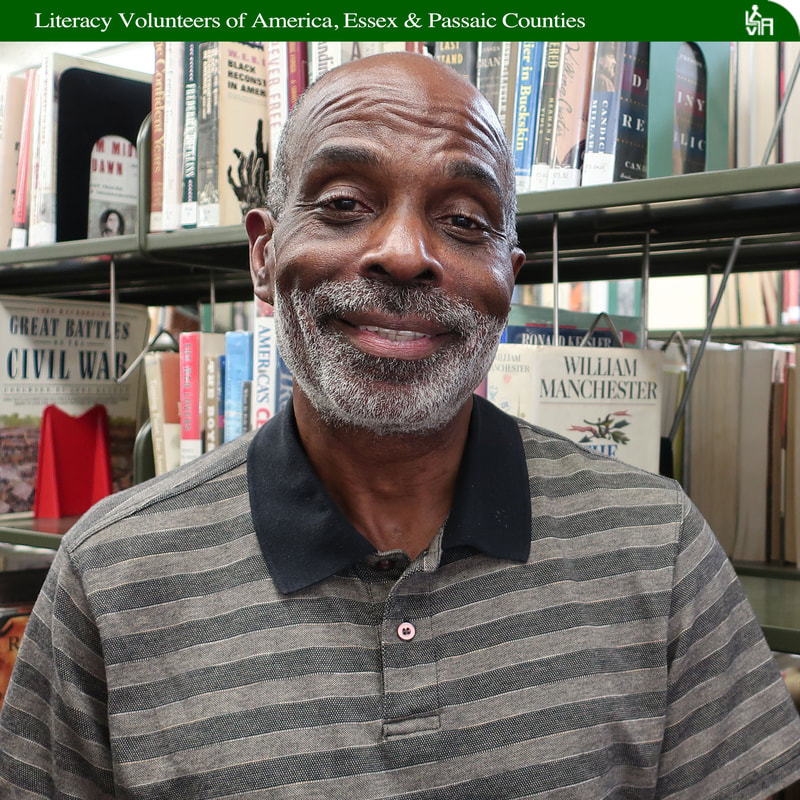Volunteers' Stories 2019-20
Everyone has a story, unusual, exciting, different. Many of them are just waiting to be read by others. From the front lines in Bosnia to the front office in Manhattan, Literacy Volunteers of America tutors come to us with fascinating backgrounds. We are proud to share the highlights of these amazing individuals who bring their varied experiences to our students.
Enjoy reading about people like the former missionary who provided medical supplies to remote villages, retired business people, lawyers, healthcare providers, college students, building for the future, who generously share their wealth of newly acquired knowledge, and even mothers whose role as primary as caregiver for their children willingly juggle home life, work as well as tutoring.
Enjoy reading about people like the former missionary who provided medical supplies to remote villages, retired business people, lawyers, healthcare providers, college students, building for the future, who generously share their wealth of newly acquired knowledge, and even mothers whose role as primary as caregiver for their children willingly juggle home life, work as well as tutoring.
Martin Parker
|
Gery Gill
|
Karen Cardell
|
Catherine Cullar
|
Will Williams
|
Deborah Collins
|
Leeta Jordan
|
Steve Pranis
|
Enid Friedman
|
Peter Vigeland
|
Michael Wood
|

